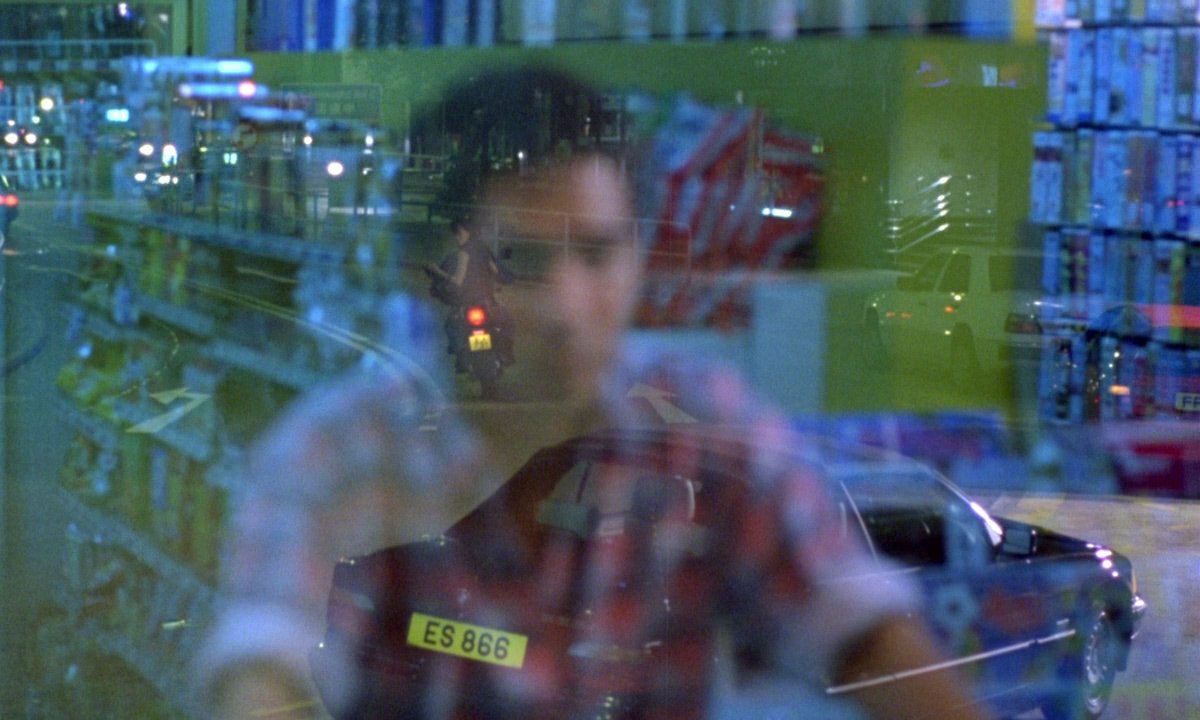


The loneliness of being in a couple when things aren’t working (amplified here by the pair’s unfamiliar setting and inability to fund a return home), the acceptance of dysfunction as habit, and the romanticisation of what was miserable once it’s over will be familiar to many. “Ho Po-Wing always says, ‘Let’s start over’, and it gets to me every time,” Lai says fatalistically, as they decamp from Hong Kong to Buenos Aires in the hope of a fresh start. There are few better on-screen break ups than the protracted disintegration of volatile Ho (Leslie Cheung) and softer Lai’s (Tony Leung Chiu-wai) relationship. The result is a body of work in which aesthetics are never secondary – here we look at the style of some of his best. He approaches directing like a painter, shaping his work as he goes he shoots films as he’s still writing them, releases films and continues to edit them, and reshoots scenes umpteen times to accommodate minor set adjustments. Wong’s titles are often intended as loose sequels, or riffs on each other, and his favourite actors – Faye Wong, Tony Leung, Leslie Cheung, Takeshi Kaneshiro and Maggie Cheung – appear again and again, sometimes in seemingly the same roles. As a trio they create disorientating, immaculate films that have influenced works as diverse as Moonlight, Adaptation and Amélie. His best work has been with cinematographer Chris Doyle and art director, production designer, costumer and editor William Chang.

They circle around chances not taken and the precarity of Hong Kong, usually with great soundtracks. Wong Kar-Wai’s films are masterful explorations of unfulfilled, unrequited, and wonky love.


 0 kommentar(er)
0 kommentar(er)
